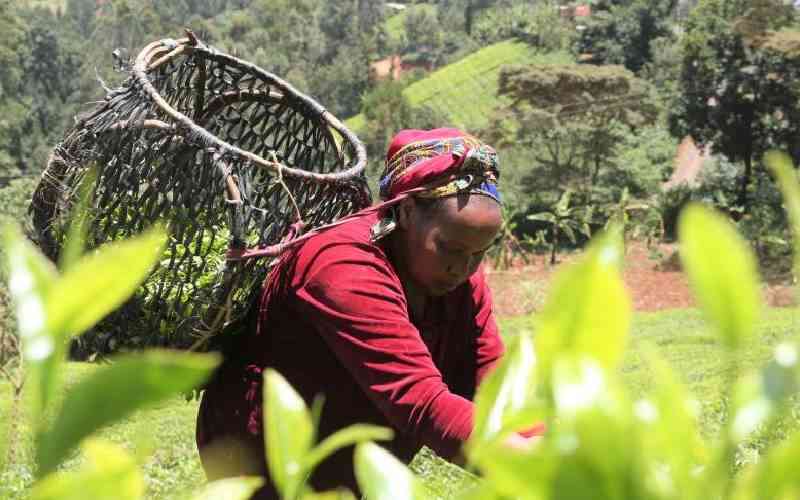
Kenya's tea industry holds immense potential not only as a significant contributor to the economy but also as a catalyst for positive change in employees, smallholder farmers and industry players.
Despite tea being second only to water, it captures a mere 6 per cent of its value while coffee captures 15 per cent. A cup of coffee in the UK or Europe fetches a higher price than tea, but this is great opportunity for tea. It is therefore imperative to transform the supply chain, breathe new life into the tea industry and ensure the benefits reach all stakeholders.